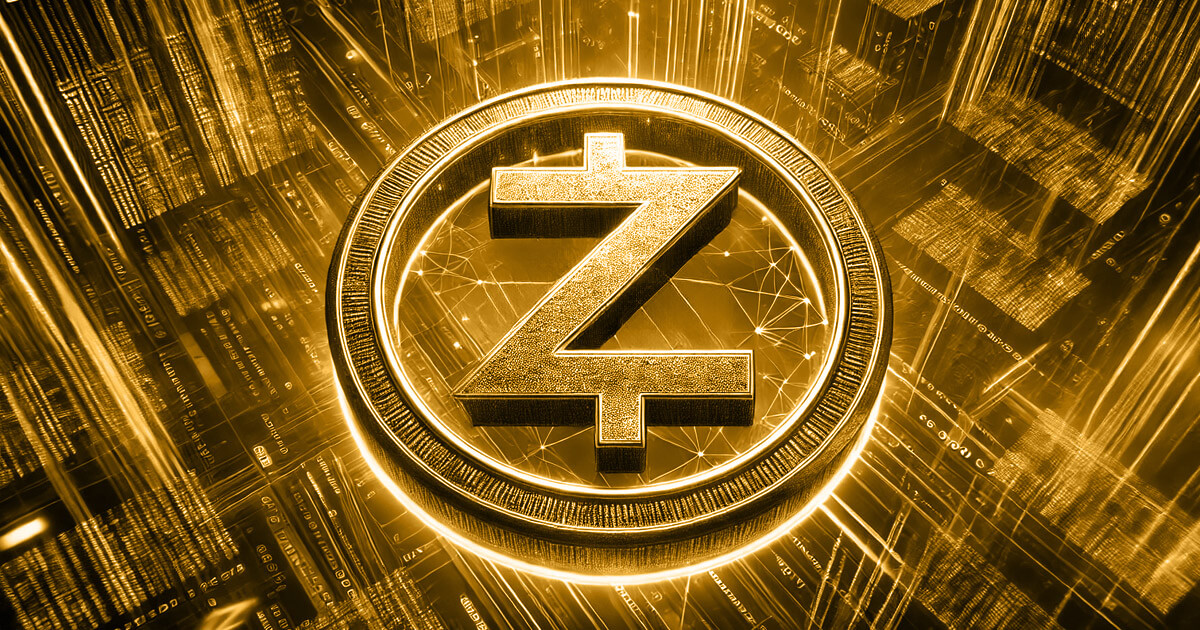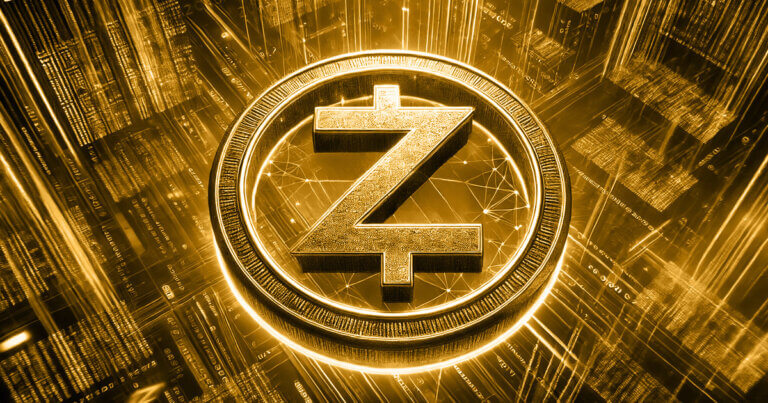The Zcash community has approved a proposal to allocate 20% of block rewards for a new decentralized grants system.
The Zcash Foundation announced that most of the community supported the “Lockbox for Decentralized Grants Allocation,” with the proposal receiving about 63% of the community’s support.
This decision follows a poll by the Zcash Community Advisory Panel, which outlined future development plans for the project after the Zcash Development Fund expires in November.
It stated:
“Under the Majority Choice Approval (MCA-M or Modified Bucklin) voting method, the winning proposal is the Lockbox for Decentralized Grants Allocation (20% option), which directs 20% of the block rewards to a lockbox for future disbursement based on community polling results.”
The proposal’s author, Kris Nuttycombe, pointed out that the new decentralized development fund will be for grants only. Funds will accumulate until the new system is ready for disbursement.
Unlike the current system, which provides direct funding, the decentralized system will involve community votes before disbursement.
Decentralized funding system
Josh Swihart, CEO of Electric Coin Company, the team behind Zcash, announced that a recent poll indicated a significant shift for the privacy-focused digital asset.
He added:
“The Zcash community wants change and will move from its legacy direct-funding model to a new, more open option, fostering greater decentralization and accountability.”
He further pointed out that the community also strongly supported a separate proposal that includes provisions for development funds to be held in a “lockbox” until a new distribution mechanism is established in the coming months.
Under the other proposal, 12% of the block reward will be locked. However, another 8% of the block subsidy will be distributed to the Financial Privacy Foundation (FPF) for the express use of the Zcash Community Grants Committee (ZCG) to fund independent teams in the Zcash ecosystem.
Zcash is a privacy-focused blockchain that was launched in October 2016. The network is built on Bitcoin’s codebase and has a fixed supply of 21 million coins.



